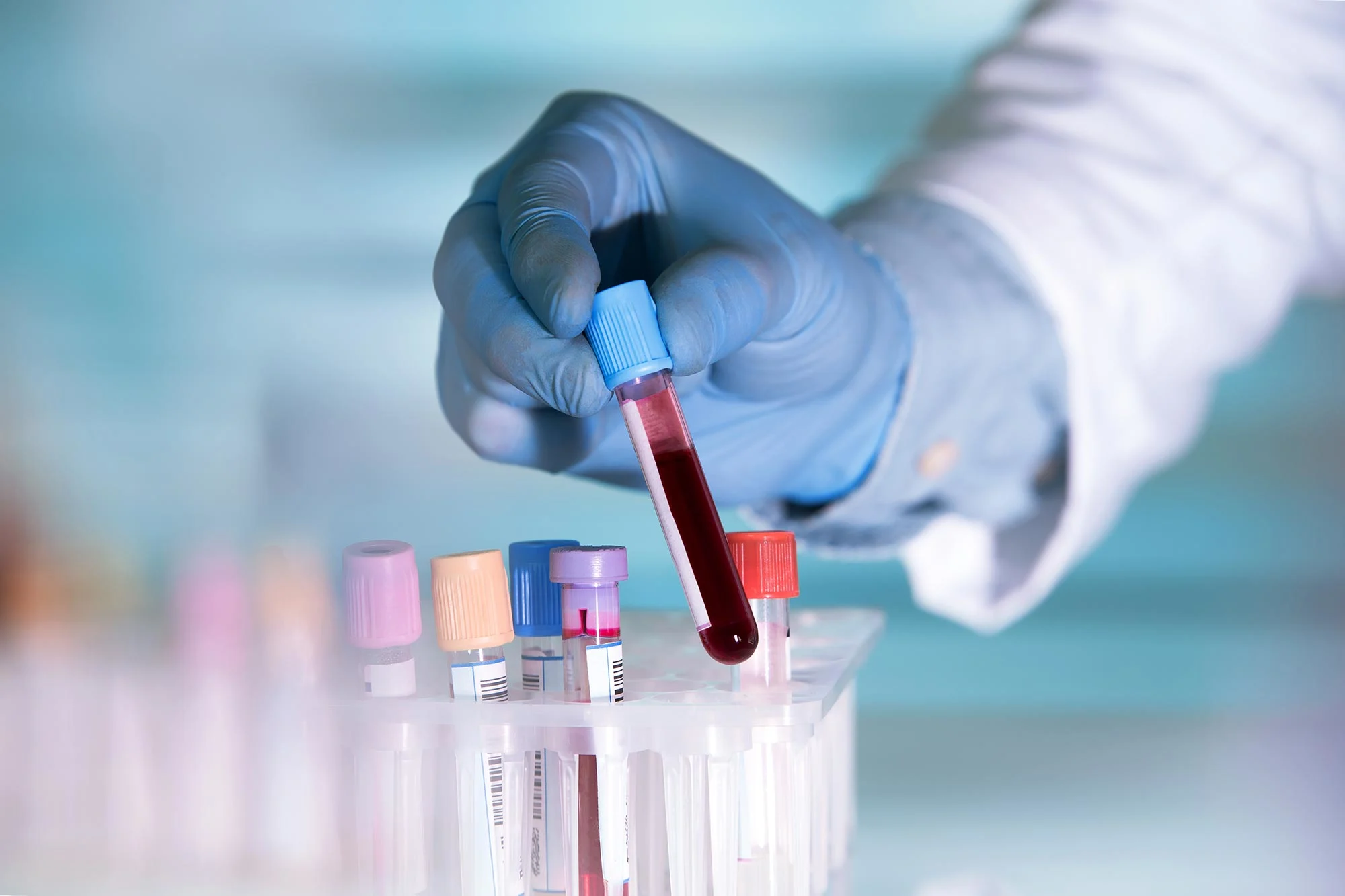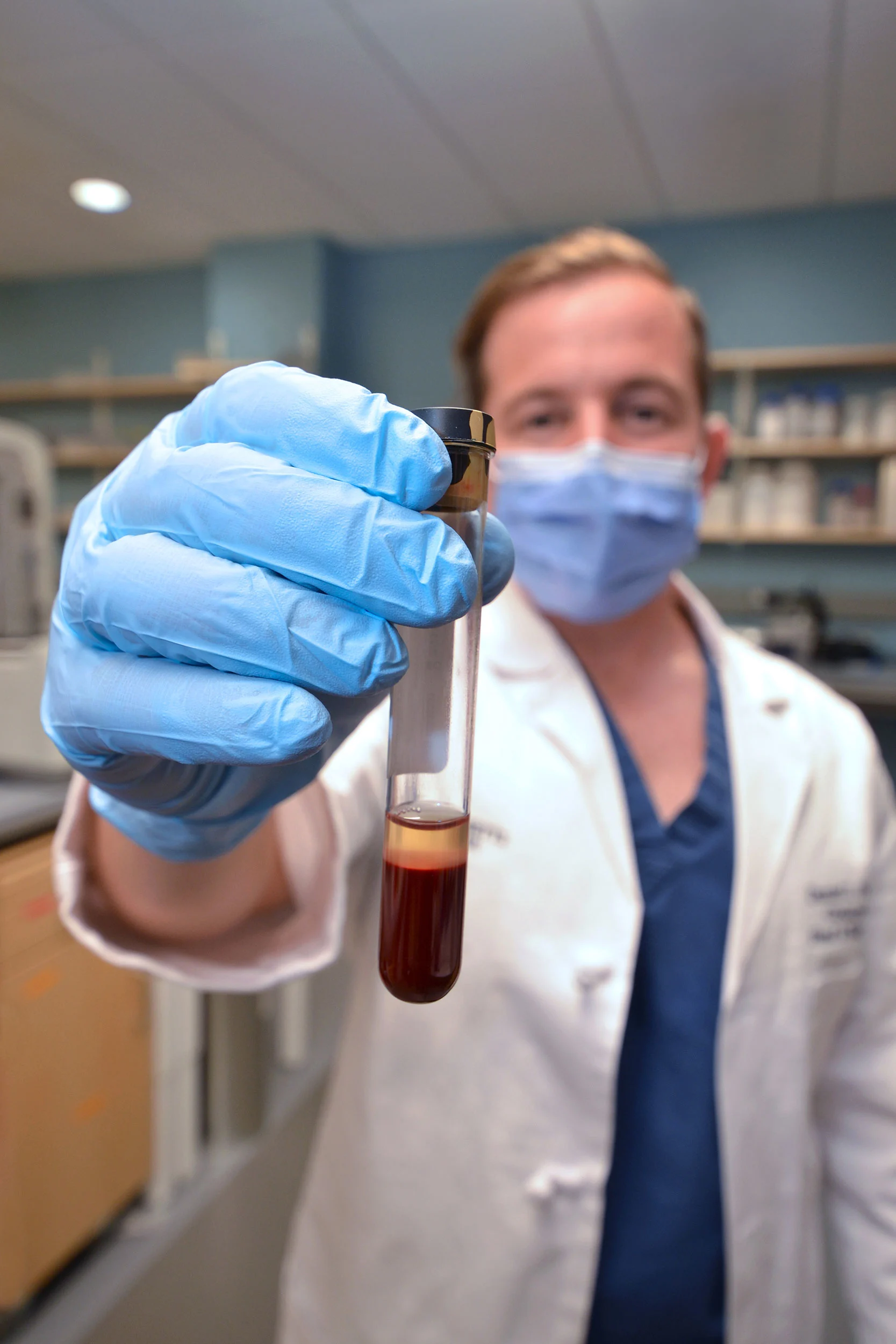Mass General Brigham scientists unveil a blood test, HPV-DeepSeek, that identifies HPV-related head and neck cancers up to a decade before symptoms, demonstrating unmatched sensitivity and specificity in NIH-backed studies.

October 14, 2025

Source:
SciTechDaily
Early Cancer Detection with New Blood Test
Researchers at Mass General Brigham have developed HPV-DeepSeek, a revolutionary blood test that can identify HPV-linked head and neck cancers up to ten years before clinical diagnosis. Unlike current methods, this test detects viral DNA fragments from HPV in the bloodstream long before symptoms appear.
Background
Human Papillomavirus (HPV) causes about 70% of head and neck cancers in the U.S., mostly oropharyngeal cancers. There are established screening programs for cervical cancer, but none have existed for these rapidly increasing cancers of the head and neck, leading to frequently late diagnoses.
No approved screening for early HPV-related head and neck cancers.
Most cases are detected after tumors become large and symptomatic.
For more details, see the Mass General Brigham press release.
Keep up with the story. Subscribe to the PR+ free daily newsletter

Source:
Mass General Brigham
How the Test Works and Its Performance
HPV-DeepSeek uses whole-genome sequencing technology, analyzing blood samples for traces of HPV DNA shed by tumor cells. The technology was tested retrospectively on blood samples from 56 individuals—28 who developed HPV-related cancer and 28 who did not. The test detected DNA signals in samples taken as early as 10 years prior to clinical diagnosis.
Key Findings
Identified HPV DNA in 22 of 28 pre-diagnosis samples.
Machine learning improved detection to 27 of 28 cases.
No false positives among controls.
Sensitivity: 99% | Specificity: 99%
This performance outstrips current blood-based screening methods, and ScienceDaily provides visual summaries and further explanation.
Read More

Source:
Harvard Gazette
Share this news:




















